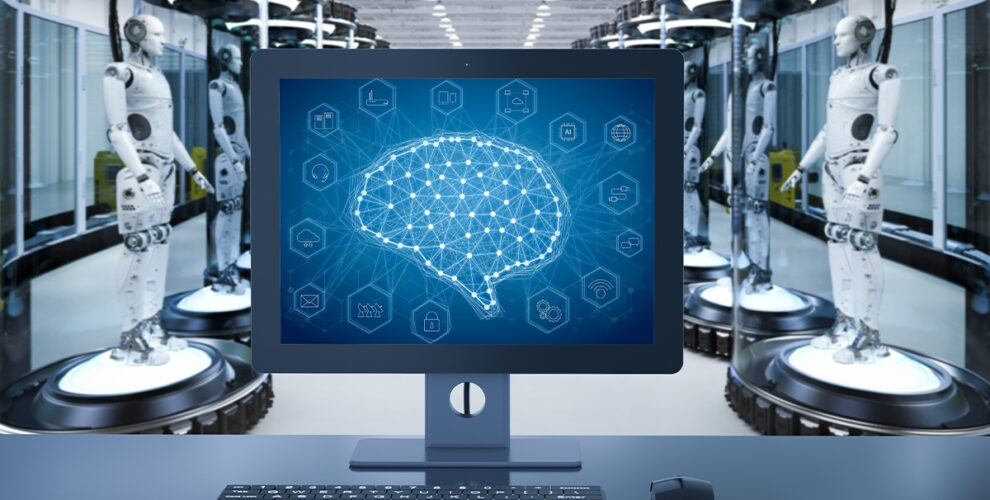Cognitive computing is the use of computer simulations that encourage human thinking. It is particularly helpful in complex circumstances in which there may not be an obvious response or where there could be inconsistencies. Reasoning speed is lower in humans than in machines. They still need to get better in a number of areas, such as interpreting spoken language and identifying particular attractions or objects. Also, the majority of artificial systems are unable to comprehend human thought.
Cognitive computing was developed to provide a road map for achieving this advanced level of reasoning by combining various AI technologies. If you want to learn more about cognitive systems, it is better to apply for a bachelor’s degree at the top computer science engineering college in India, which specialises in machine language, AI, and programming skills. The article below will explain how cognitive computing benefits the future and its effects on various industries.
How do cognitive systems actually work?
A significant amount of structured and unstructured data is required to be fed to machine learning algorithms for computer systems to be utilised in the process of separating the various types of issues that humans are concerned with.
The scope of learning cognitive systems certainly yields various opportunities in the future. Let’s discuss the essential attributes that influence cognitive systems.
Adaptive: Using machine learning to build a cognitive system is the first phase. The designs ought to demonstrate how human beings can pick up new information from the environment and modify it.
Interactive: The cognitive solution must communicate with all system elements, such as the processor, devices, cloud services, and customers, just like the brain does. Cognitive systems must interact with each other in both directions. It ought to be capable of understanding user input and producing pertinent results using deep learning and natural language processing.
Iterative: The system must remember previous interactions with processes and only deliver data that is pertinent to the application at hand. The issue should be defined by finding a different source or getting more information on important topics.
Contextual: This attribute must be able to comprehend, identify, and extract contextual components such as the user profile, the task, the goal, the significance, the syntax, the appropriate area, the time, and the location.
Cognitive computing is the next phase of computing that follows automation. It sets a standard for computing systems to achieve the ability to think like human brains.
But it has some limitations that make it hard to use AI in certain situations.
There is a lot of uncertainty, things change quickly, or creative needs are high.
The complexity of the task rises as the number of data sources does.
It is challenging to gather, integrate, and evaluate unstructured data.
The majority of the top colleges in Coimbatore cover this, so you may get thorough research on the system’s limits.
How can industries make use of cognitive computing?
A brief look at how cognitive computing can revolutionise various industries follows.
Retail Industry: Cognitive computing may make it possible for many internet firms to offer the products and services clients actually want. Price optimisation, forecasting of demand, and site design are some of the main cognitive computing applications. It can be used to forecast demand for the future and modify the supply chain properly.
Logistics: A few applications of cognitive computing in logistics include supply chain management and storage. In order to prevent surpluses and filling the entire warehouse, cognitive technology in warehouses could be used to construct storage codes, automate vehicles, and analyse data on product flow.
Enhancing cybersecurity: To keep websites secure, cognitive algorithms can handle risks related to cybersecurity. It can also keep track of site visits, spot bots, and catch those trying to get into the system. This allows users to quickly see inaccurate data before using it to guide their decisions.
Banking and Finance Sector: The banking and finance sectors can use cognitive computing’s extensive capabilities to boost productivity, client satisfaction, and engagement. It could be used to determine the greatest advantages for financial services, learn more about consumer purchasing trends, and enhance customer service.
Healthcare: Patient data has a significant impact on medical decision-making. Before recommending a medication, doctors can examine the results of various tests. Cognitive analysis can improve patient results by connecting historical data with current information and reducing diagnosis time.
Conclusion:
However, students attending the top arts and science college in Coimbatore may learn about the term and its history because the study of cognitive systems is included in the B. Sc. in computer science programme. As a result, a new era will start in the future where people, computers, matter, and various other things with cognitive skills comparable to those of humans will collaborate in order to solve complicated issues.


